23 Facts About Your Brain That Will Blow Your Mind
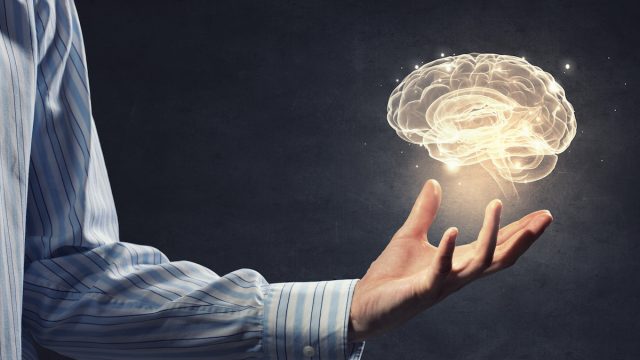
The human brain is undoubtedly the most complex organ in our bodies, and is considered by some to be the most complex object in our universe. While an average adult brain is just 15 centimeters long, it contains hundreds of miles of blood vessels, billions (yes, billions!) of neurons, and consumes one fifth of the body’s energy. Now that’s brain power! Read on to discover more mind-blowing facts about your brain. And for more fascinating facts about your body, check out 23 Amazing Things You Didn’t Know About Your Heart.
1
Human brains have enough memory to store all of the internet.

Human brains can compute about 1018 operations per second. How fast is that? About a billion billion calculations every second, according to scientific discoveries and innovations site Foglets. While computers use binary coding (i.e., alternating ones and zeros) to make sense of the world, human brains use 26 types of codes. They can also store an astronomical one petabyte of data. And for more about your mind, check out 13 Reasons You’re Forgetting Things All the Time.
2
Your brain produces electricity.
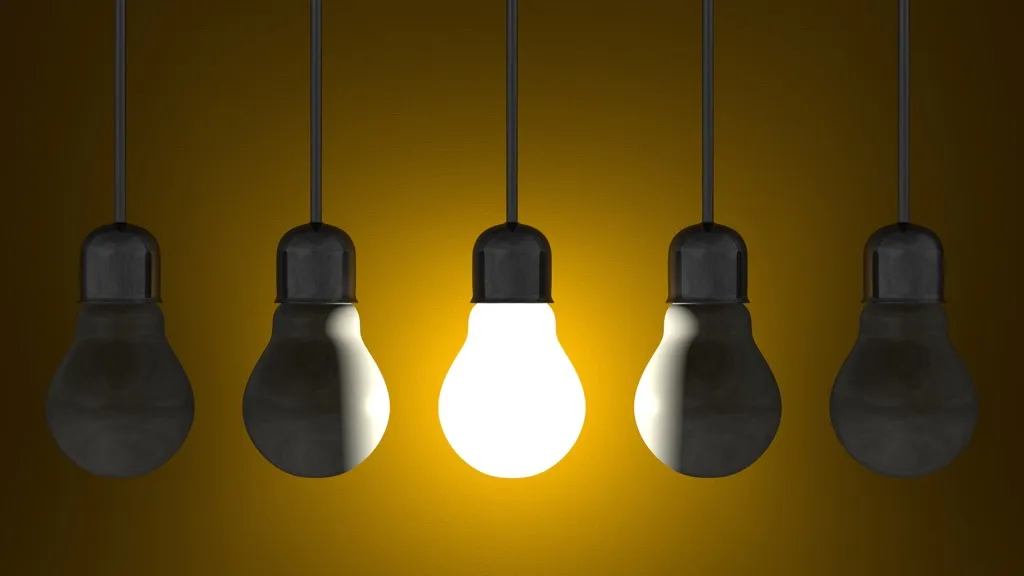
Your brain can generate enough electricity to power some light bulbs, according to the experts at Foglets. But charging your iPhone would take about 6,833 hours, which is 285 days. The energy is produced when glucose and oxygen are combined within tiny cellular power plants called mitochondria.
3
Your brain contains nearly 90 billion neurons.

That’s roughly half the number of stars in our galaxy. Neurons, also known as nerve cells, are responsible for sending and receiving signals from the brain. And for ways you can keep your mind sharp, check out 15 Brain Games That Will Make You a Smarter Person.
4
Information travels to your brain at over 260 mph.
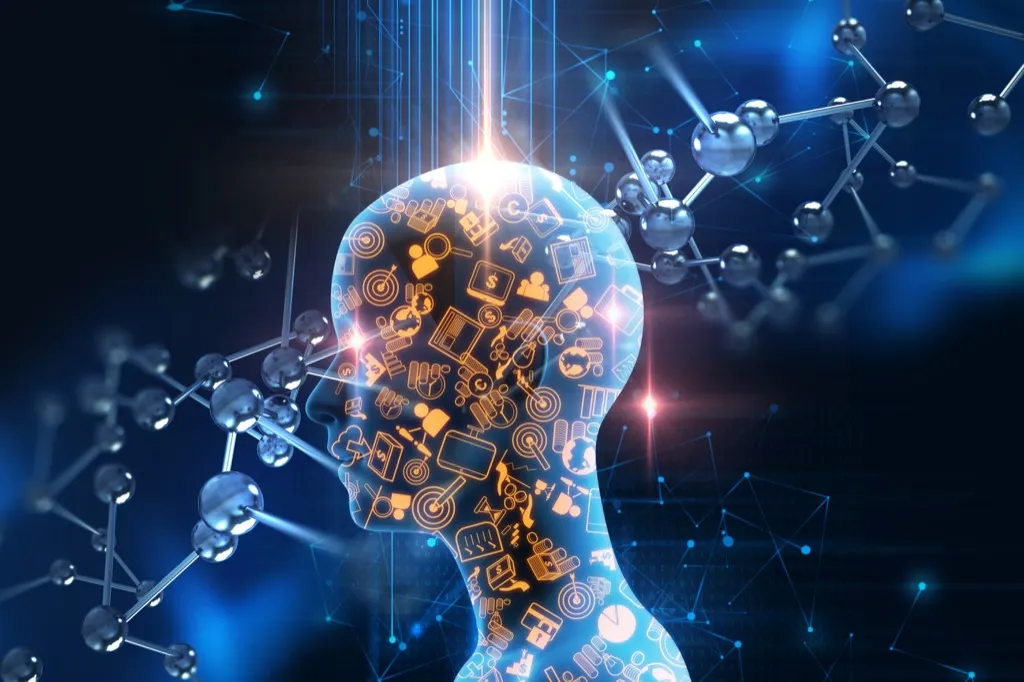
Chemical messengers called neurotransmitters are responsible for carrying that information across our bodies through neurons. Right now, billions of neurons are traveling at 120 meters per second (about 268 mph) to keep your brain functioning. And for more incredible information, check out 33 Amazing Things You Didn’t Know About Your Own Body.
5
Your spinal cord carries messages from your brain to your body and vice versa.

Together, the brain and spinal cord make up our central nervous system. The brain operates as command central, sending signals through the spinal cord to enable body functions like muscle movement and breathing. The spinal cord, meanwhile, transmits sensory information from the body back to the brain.
6
As much as 20 percent of the oxygen your body produces goes to the brain.

Your brain gets top priority when it comes to blood distribution within the body. That’s because without a steady supply of oxygen-rich blood, brain cells will begin to die after as little as one minute. And speaking of oxygen, check out 17 Warning Signs Your Lungs Are Trying to Send You.
7
The average adult brain weighs 3 pounds.
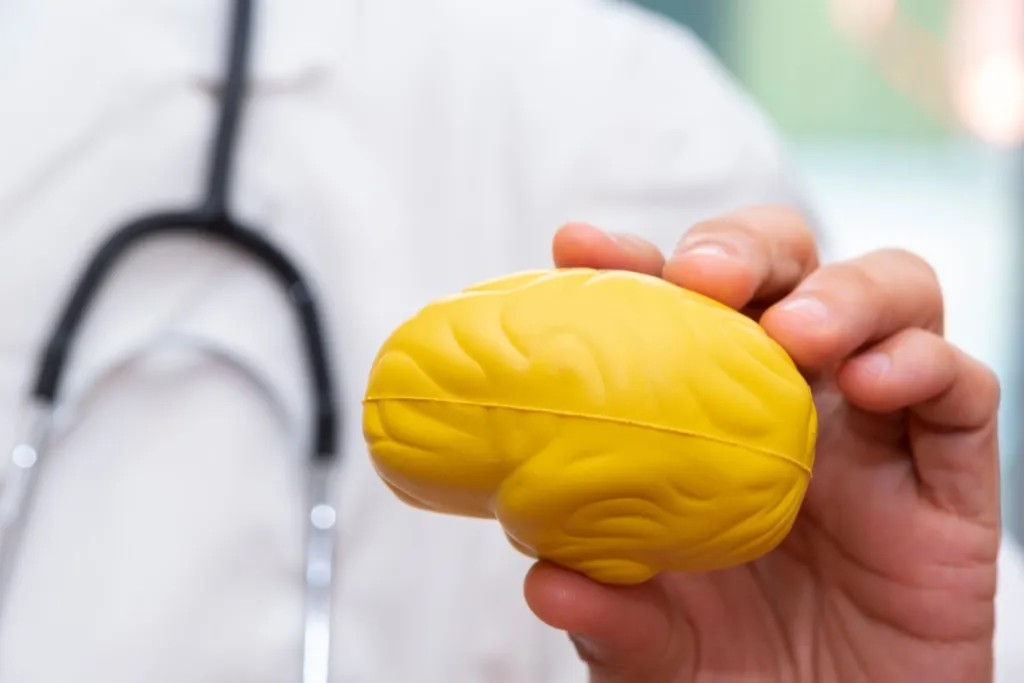
That’s about 2 percent of your total body weight. Men tend to have larger brains than women, but in general, brain size doesn’t translate to intelligence. And for additional information on health and more, sign up for our daily newsletter.
8
Water makes up about 75 percent of your brain’s total weight.

So if your brain is 3 pounds, over two of those pounds of are water weight. Water is essential for delivering nutrients and removing toxins within the brain. It also acts as a shock absorber for both the brain and the spinal cord.
9
And your brain is made up of 60 percent fat.
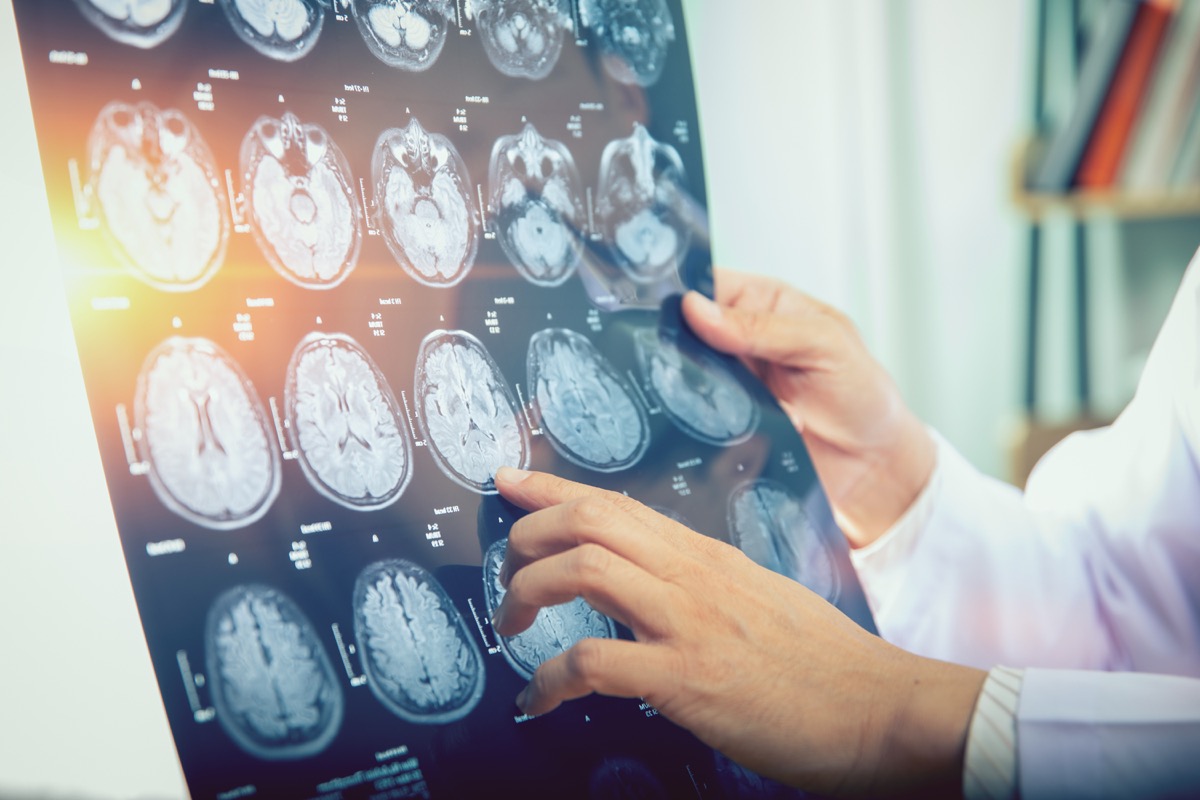
In fact, it’s the fattiest organ in your body. Fatty acids are crucial to your brain’s health and performance, and a healthy diet is the best source of the essential fatty acids your brain needs.
10
Your brains burn calories.
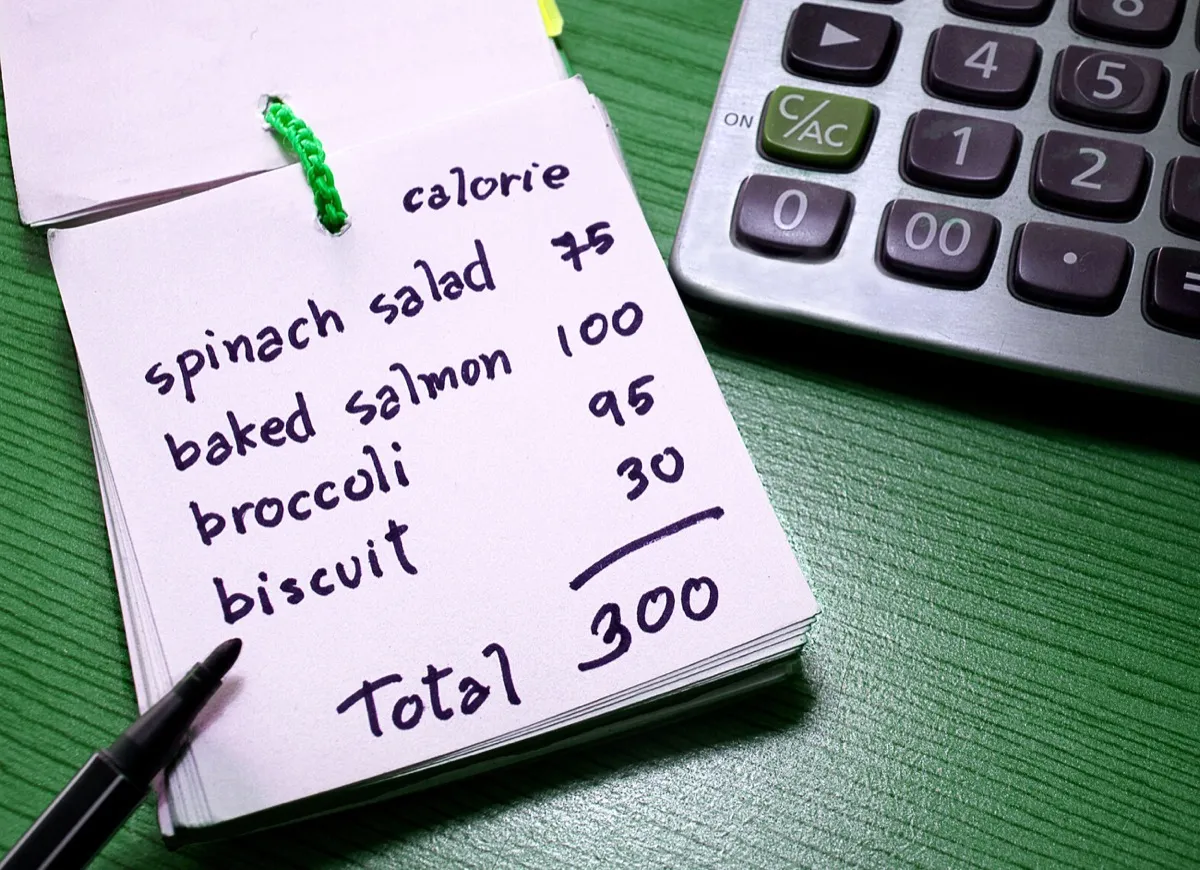
On average, your body uses around 1,500 calories a day in a resting state. And your brain consumes about 20 percent of those. That’s roughly 300 calories a day and about 12 calories every minute!
11
Exercise is good for the brain.

Aerobic exercise improves blood flow, reduces inflammation and lowers stress hormones—all of which supports cognitive health. Frequent physical activity may even lower your risk of dementia.
12
You’re born with all the brain cells you’ll have for the rest of your life.

It’s the connections between the cells that grow over time. Connections, also called synapses, are what allow us to move, think and generally function. Incredibly, more synapses are made during infancy than any other time in our lives.
13
Human brains double in size by age one.

Most structural features of the brain are in place as early as eight weeks after conception. By the time we’re three years old, our brains have grown to 80 percent of their full adult size.
14
Your brain is considered fully formed at about age 25.
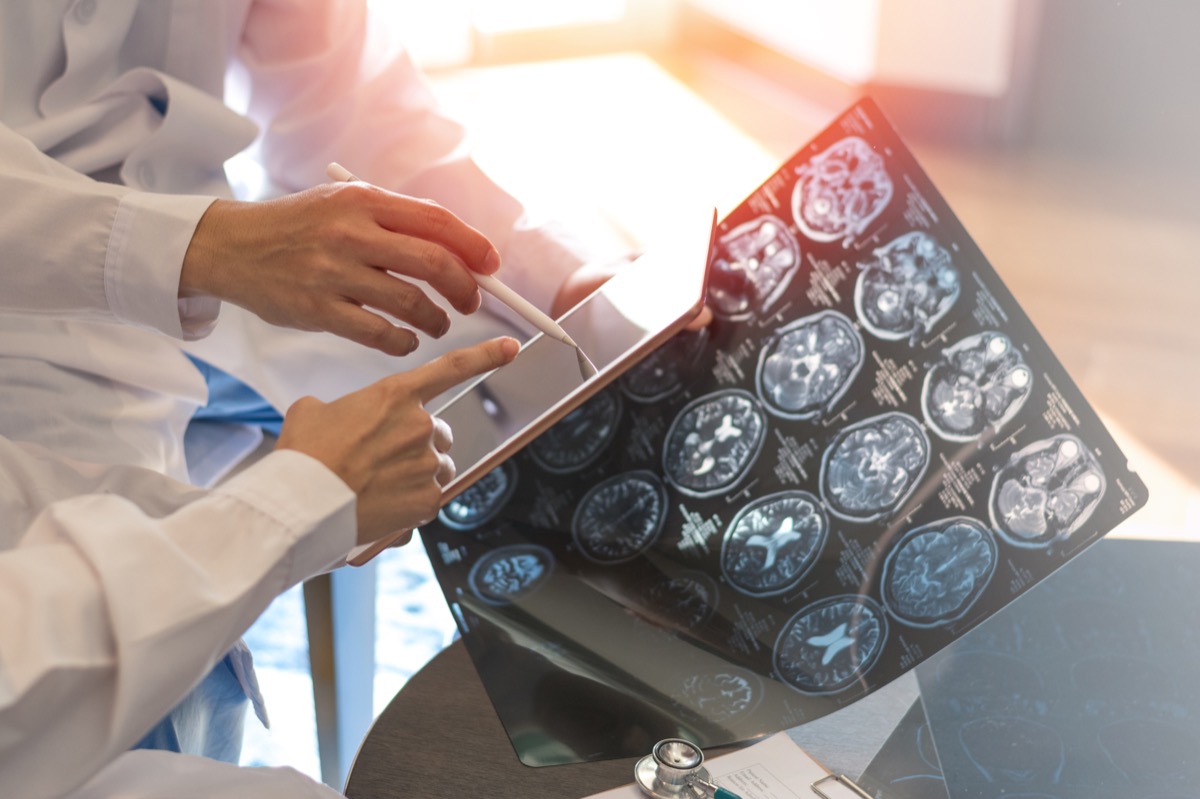
The frontal lobes, which control reasoning, are last to develop. And though the brain matures at age 25, that’s not necessarily when it peaks. A variety of cognitive abilities continue to improve with age.
15
You have a left brain and a right brain.
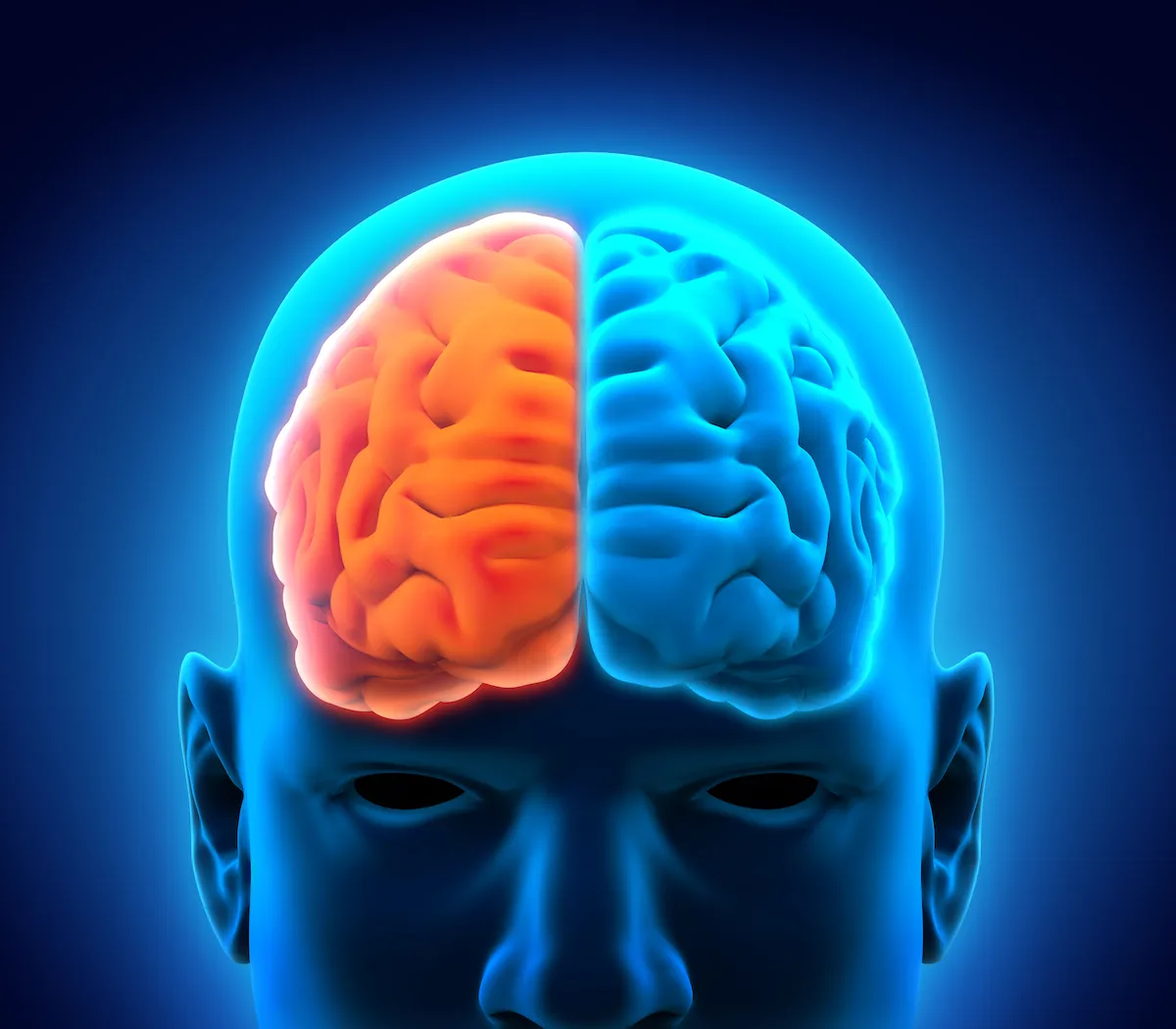
Your brain has two hemispheres, which function more or less independently. The left brain is often associated with language and logic, while the right brain is linked to emotion and creativity.
16
Brains function asymmetrically.

Move your right hand—that’s being done with your left brain. The left brain hemisphere controls the right side of your body and the right brain hemisphere controls the left side. Right handed people—who make up about 90 percent of our population—will usually even have a dominant left brain. The converse is less true of lefties.
17
Your brain has an autopilot setting.

The brain’s default mode network, or DMN, allows us to perform common tasks like driving without actively thinking about them, or even while daydreaming. Oftentimes the DMN is triggered by default, but can be suppressed during activities that require our attention.
18
“Blacking out” is the brain’s temporary inability to make long-term memories.

Consuming excessive amounts of alcohol within a short period of time can cause the brain to lose its ability to record and store long-term memories. Meanwhile, it may have no trouble creating short-term memories or even recalling past events, giving the appearance of normalcy.
19
Brain freeze and migraines are related.

A bundle of nerves at the back of your palate called the SPG are responsible for brain freeze, migraines and cluster headaches. Some people even believe that giving yourself a brain freeze can cure an in-progress migraine.
20
There are ways to avoid brain freeze.

Unwilling to give up ice cream, but can’t stand brain freezes? Try eating cold foods slowly and keeping them toward the front of your mouth. If you do fall victim to the freeze, press your tongue against the roof of your mouth or drink room-temperature water.
21
Your brain is incapable of feeling pain.

The brain doesn’t have pain receptors, so it can’t feel exterior pain. In fact, during some brain surgeries anesthesia isn’t administered, leaving the patient awake. Professional musicians have even been known to play an instrument while on the operating table to ensure their musical abilities remain intact.
22
Multitasking is an illusion.

When we think we’re multitasking, our brains are actually switching back and forth between tasks, not performing them at the same time. Rather than increasing efficiency, this practice generally results in tasks taking more time and having more errors.
23
Your brain never sleeps.
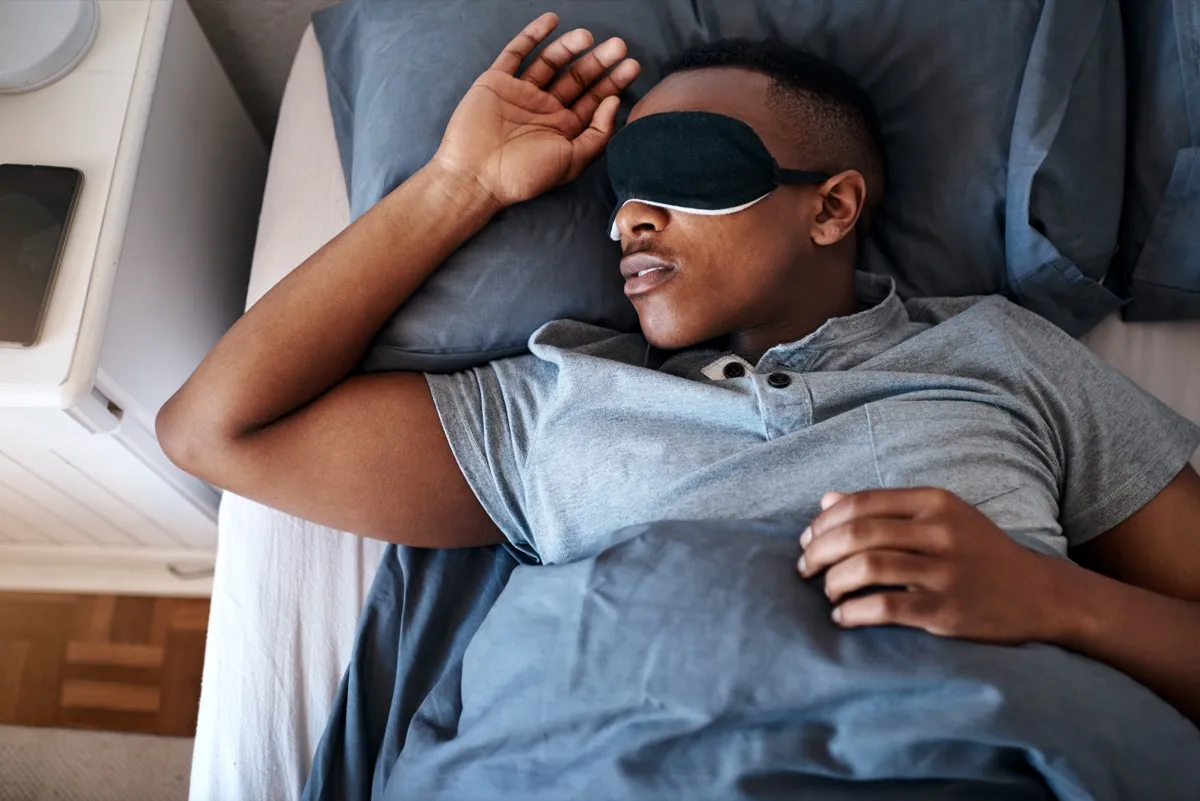
In fact, while you’re asleep, your brain is busy performing maintenance. In addition to controlling essential body functions like breathing, the brain cleans up waste, preserves information and makes sure your body stays put, all while you’re catching ZZZs.